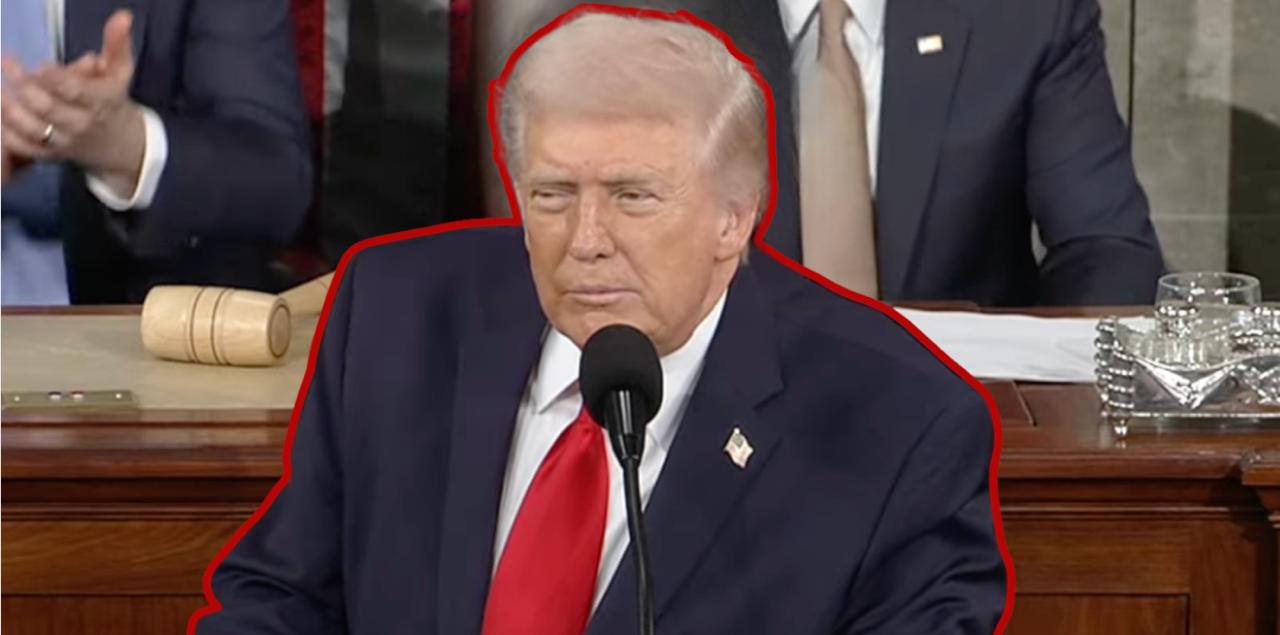NATO blasted Russian President Vladimir Putin on Sunday after it was discovered that the Eastern power announced plans to transfer tactical nuclear weapons to its ally Belarus, referring to the move as "dangerous and irresponsible," Fox News reports.
If Putin follows through with this announcement, it would be the first time since the mid-1990s that Russia had stationed such arms outside the country’s borders. This comes as tensions continue amid the war in Ukraine.
NATO spokeswoman Oana Lungescu said that "NATO is vigilant and we are closely monitoring the situation," adding that the organization has not identified any move by Russia’s nuclear posture "that would lead us to adjust our own."
The US shared the sentiment, with White House National Security Council spokesman John Kirby saying that there had not been any evidence Putin had started moving his tactical nuclear inventory across the border.
However, Ukraine had stronger words for the apparent news, accusing Moscow of taking another "provocative step" to subvert "the international security system as a whole," adding that an emergency UN Security Council was needed, according to the report.
Putin’s decision to move tactical nuclear weapons to Belarus came after the UK elected to equip Ukraine with ammunition that reportedly contains depleted uranium, which is not to be confused with nuclear explosives.
British Foreign Secretary James Cleverly addressed this very point last week, suggesting that "just because the word uranium is in the title of depleted uranium munitions, they are not nuclear munitions, they are purely conventional munitions."
Despite the criticism, Putin does not find anything wrong with the move, saying: "There is nothing unusual here either: firstly, the United States has been doing this for decades. They have long deployed their tactical nuclear weapons on the territory of their allied countries."
"We agreed that we will do the same - without violating our obligations, I emphasize, without violating our international obligations on the nonproliferation of nuclear weapons."
Rebekah Koffler, a Russia expert and former Defense Intelligence Agency intel officer for Russian doctrine and strategy, said that Putin’s recent moves do "not pose an immediate threat to Europe and NATO."
"It does however present a long-term threat," she noted. "This move confirms that Putin and [Belarusian President Alexander Lukashenko] are on the same page, as far as Russia’s goals in Ukraine and that Belarus is becoming an extension of Russia, being already a member of the so-called Union State."
Fox News also reported that Koffler has suggested that Russia’s recent move was in response to NATO’s attempts to bring Sweden and Finland into the alliance, which would "double the length of the Russia-NATO border."
"Putin is telegraphing that he is not retreating but moving forward. It’s a stare-down between Russia and NATO," Koffler said.
"Putin is looking at this move as a long-term posture adjustment, to ready Russia for war with NATO that the General Staff views as inevitable, given that Moscow and Washington are firmly on the escalation ladder in this conflict."





